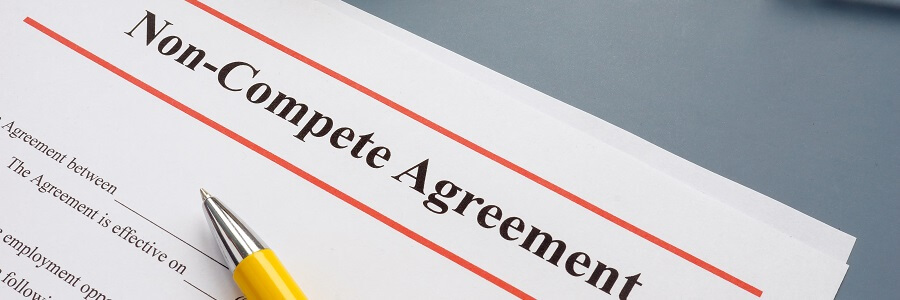The Importance Of Building A Compliance Culture

The spotlight is shining ever more brightly on workplace harassment and data breaches, and today’s organizations are scrambling to reduce their risk of liability. Because of this, companies are spending more time and resources to enhance compliance measures and improve training of employees.
However, even though comprehensive compliance training is critical, businesses should also focus on building a culture of compliance within the organization.
Doing so will help company-wide compliance initiatives while decreasing the likelihood of an internal compliance grievance occurring.
HOW CAN A BUSINESS CREATE A COMPLIANCE CULTURE?
It’s essential in today’s business world to have a culture of compliance. Even the strongest compliance training, policies, and procedures can be undone if the culture of an organization is lacking in this area.
Norman Ford, VP of Compliance Solutions Operations at Skillsoft, says that one of the most valuable components of a strong business culture is encouraging and nurturing the employee voice.
Norman goes on to say that the value of this type of culture is that it’s one “that sees compliance as a value and a cornerstone of the business, and will produce an environment where accountability is shared across the team — where every employee, no matter their role, recognizes the role and importance of compliance.”
So how can employers create this type of compliance culture?
The Skillsoft article says a company needs these four things to build a strong culture:
- Empower and encourage employees to speak up and contribute.
- Support a collaborative and engaging working environment where employees feel their voice and opinion is valued.
- Ensure open communication and transparency at each level of the company.
- “Embrace a compliance culture that highlights the role each employee plays, where everyone is working together to achieve business objectives, rather than simply completing it to check a box.”
It is imperative that organizations involve their employees in building and/or enhancing their business and compliance culture. Doing so will help to improve overall compliance efforts, and prevent issues and grievances from arising.
WHICH FACTORS IMPACT COMPLIANCE CULTURES THE MOST?
A recent survey by CEB, now Gartner explored the importance of company culture in compliance initiatives. One interesting finding from the survey uncovered the key differentiator between strong and weak business cultures – climate.
Climate is described as “the practices and procedures employees follow and the signals they receive about what behaviors are rewarded and valued.”
To see how impactful a company’s climate is, take a look at these statistics from the survey:
- 69% of employees in strong climates say they trust their colleagues, compared to the average of 25% among all employees surveyed.
- Employees in strong company climates are 90% less likely to observe misconduct.
Additionally, the survey found that around 75% of employees say they work in organizations with weak climates. This type of climate lessens the impact of company-wide compliance and integrity efforts.
HOW CAN YOU BUILD A STRONG CLIMATE THAT FOSTERS A CULTURE OF COMPLIANCE?
Building a strong company culture is a key component of successful compliance strategies. And a major influence on company culture is climate.
To improve climate and ultimately boost corporate culture, these four methods given by CEB, now Gartner are worth trying:
- Aid in educating employees around what good and positive behavior looks like with specific examples. This helps them understand how to exhibit these positive behaviors in their roles.
- Make sure that managers send consistent and strong messages to their team members around ethical behavior and what that looks like. Having managers show consistency in what they say and then do is crucial to improving climate and culture.
- Ensure that positive employee behavior is rewarded in a visible, public way. Recognizing positive behavior reinforces what employees should be doing, and encourages others to take similar actions.
- Enable employees to talk to and engage with one another about positive ethical behavior. This can help incentivize other team members to do the same.
Don’t overlook the importance of climate when trying to build or improve your company’s compliance culture.
START IMPROVING YOUR BUSINESSES COMPLIANCE CULTURE TODAY
Another key step to building a compliance culture is through compliance learning. Admittedly, compliance training is a cringe-worthy topic and can elicit collective groans from employees, which can be detrimental to company culture and compliance initiatives.
To help combat this, Extensis Learning has partnered with Skillsoft to provide smarter, interactive and more engaging content to help employees understand, recognize, and prevent risk.
By offering employees modern, interactive compliance training and improving company climate, even small employers can build a best-in-class compliance culture that helps to minimize risk and reduce costly penalties!
Want to learn more about PEOs? Check out our eBook, How Well Do You Know PEO? This eBook provides an overview of the PEO industry as well as helpful information for brokers and employers!



